Polite and velvety leaders, who take care to avoid bruising others, are generally not as effective at forcing change
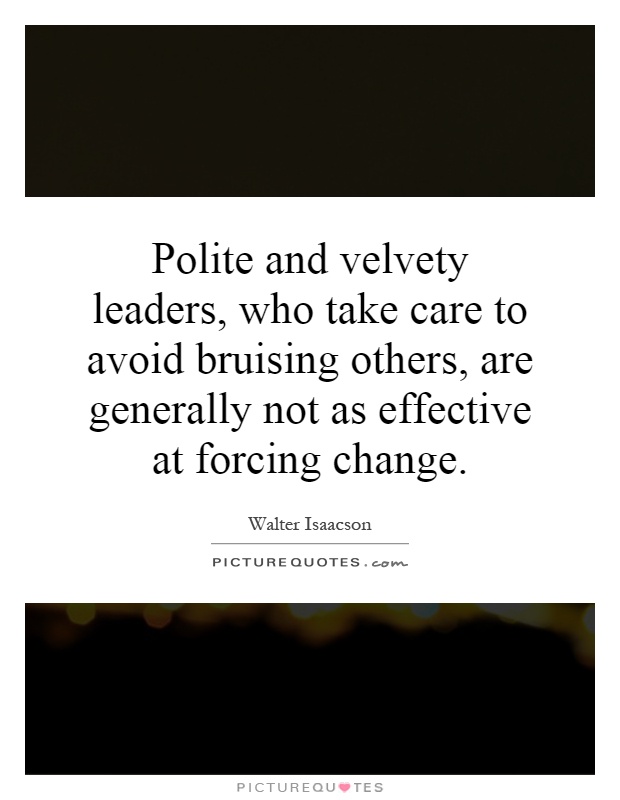
Polite and velvety leaders, who take care to avoid bruising others, are generally not as effective at forcing change
Walter Isaacson, a renowned biographer and journalist, has written extensively about some of the most influential leaders in history. From Steve Jobs to Albert Einstein, Isaacson has delved into the lives of individuals who have shaped the world in profound ways. One common thread that runs through many of his biographies is the idea that effective leaders are often not the most polite or velvety in their approach.Isaacson's research and analysis suggest that leaders who are too concerned with avoiding conflict or bruising others' egos may struggle to enact meaningful change. While politeness and diplomacy have their place in leadership, there are times when a more forceful approach is necessary to push through resistance and drive progress.
One example of this can be seen in Isaacson's biography of Steve Jobs. Jobs was known for his brash and sometimes abrasive leadership style, but he was also incredibly effective at driving innovation and pushing his teams to achieve greatness. Jobs was not afraid to challenge the status quo or ruffle feathers in pursuit of his vision, and this willingness to be bold and assertive ultimately led to the creation of some of the most iconic products of our time.
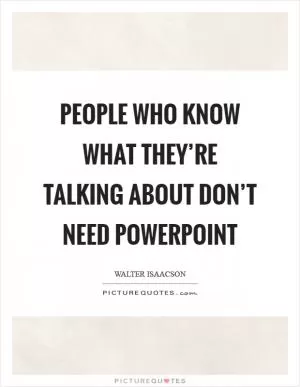



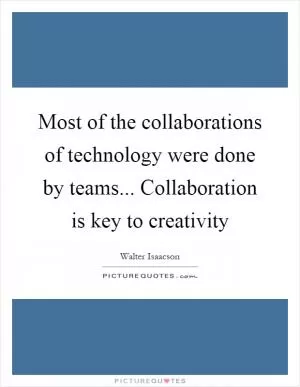



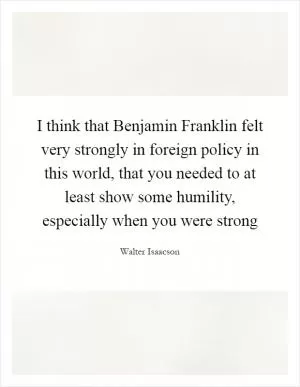


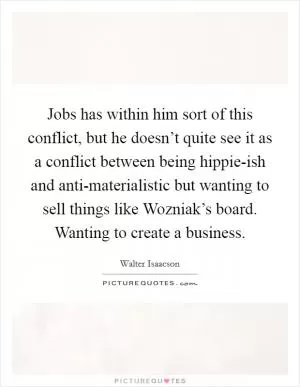
 Friendship Quotes
Friendship Quotes Love Quotes
Love Quotes Life Quotes
Life Quotes Funny Quotes
Funny Quotes Motivational Quotes
Motivational Quotes Inspirational Quotes
Inspirational Quotes